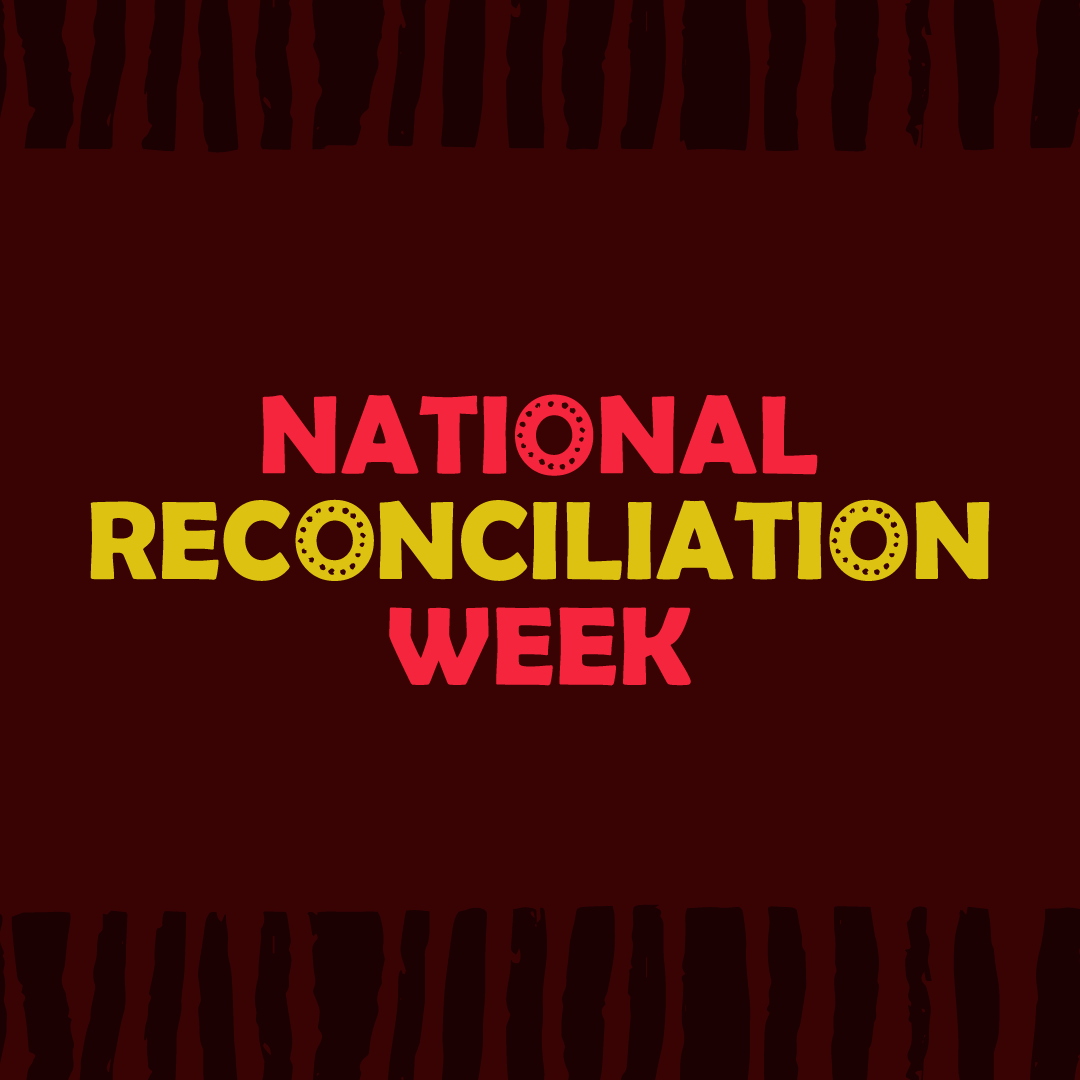What is National Reconciliation Week?
National Reconciliation Week is more than just cupcakes in the office or a chance to learn more about First Nations culture. This year’s theme “Now More Than Ever” is an opportunity to reflect on our shared and dark history, and pave the way forward.
History of National Reconciliation Week
According to the Reconciliation Australia website, National Reconciliation Week originated in 1993 as the Week of Prayer for Reconciliation, coinciding with the International Year of the World’s Indigenous Peoples, and garnered support from Australia’s major faith communities.
In 1996, the Council for Aboriginal Reconciliation inaugurated Australia’s National Reconciliation Week. Following this, in 2001, Reconciliation Australia was established to uphold national leadership on reconciliation efforts.
That same year, around 300,000 people came together to march across Sydney Harbour Bridge as part of National Reconciliation Week, subsequently replicating these marches across bridges in various cities and towns to demonstrate solidarity for reconciliation.
Presently, National Reconciliation Week is observed across workplaces, schools, early learning services, community organisations, and by individuals throughout Australia.
What do we observe during National Reconciliation Week?
The week begins in the last week of May each year on the anniversary of the 1967 Referendum, which ultimately gave First Nations people the right to vote.
On May 29 we celebrate Torres Strait Islander Flag Day – the day the Torres Strait Islander flag was officially presented to and accepted by the Torres Strait Islander people at the Torres Strait Cultural Festival in 1992.
On June 3 we celebrate Mabo Day, commemorating the historic decision handed down by the High Court of Australia in 1992, known as the Mabo decision – named after Eddie Koiki Mabo who led the fight for land rights. This landmark ruling recognised the land rights of First Nations people, overturning the legal doctrine of "terra nullius”, which had previously denied First Nations people ownership of their traditional lands.
While we celebrate those significant events, it is up to individuals as members of the Australian community to do their own deep reflection on colonisation during this time. Reflection is an important part of Reconciliation.
Yarn Marketplace will be uploading more detailed articles of each date over the coming week, so explore our blogs below for a free education.
Love Our Blogs? Read More Articles Now!
This blog is part of our series on National Reconciliation Week. Read more about key dates, this year's theme, and the line we are releasing surrounding NRW in our blogs below:







